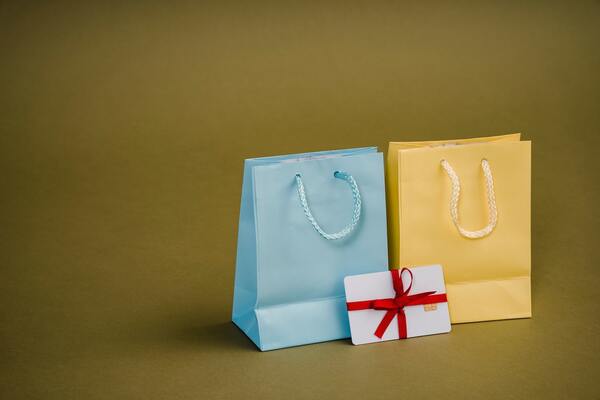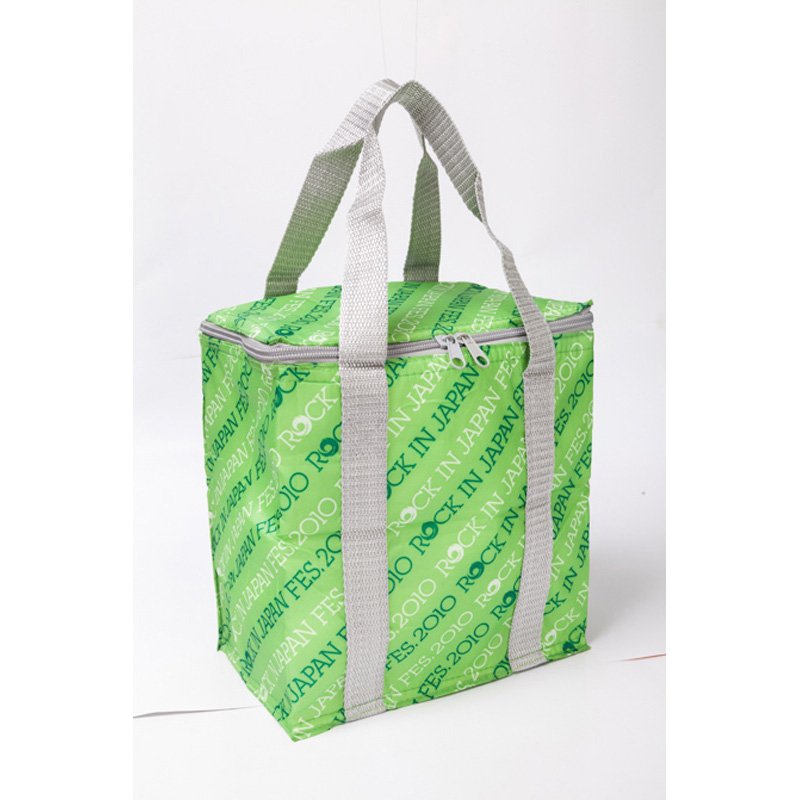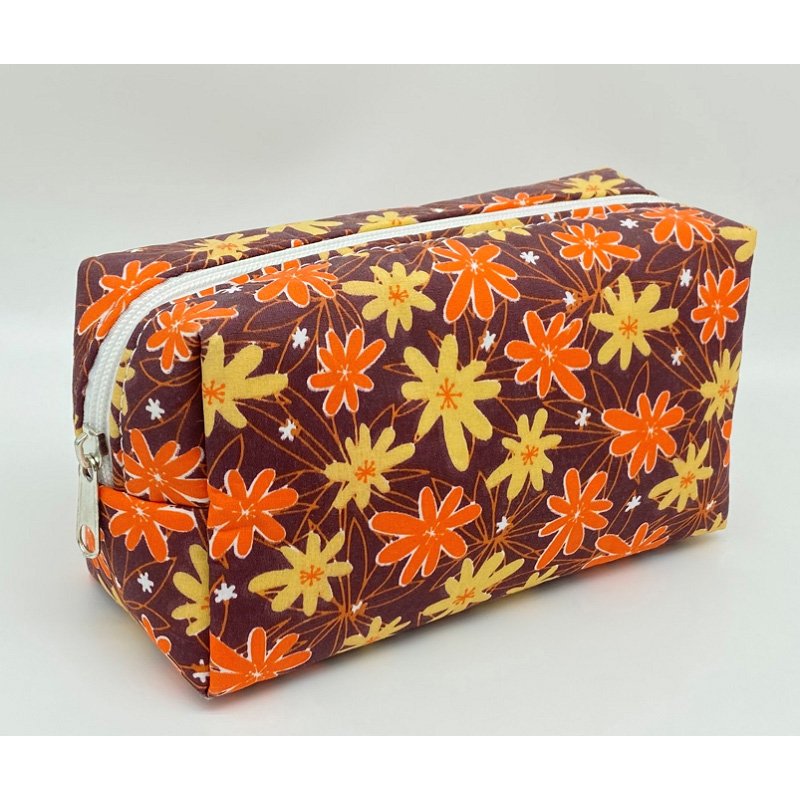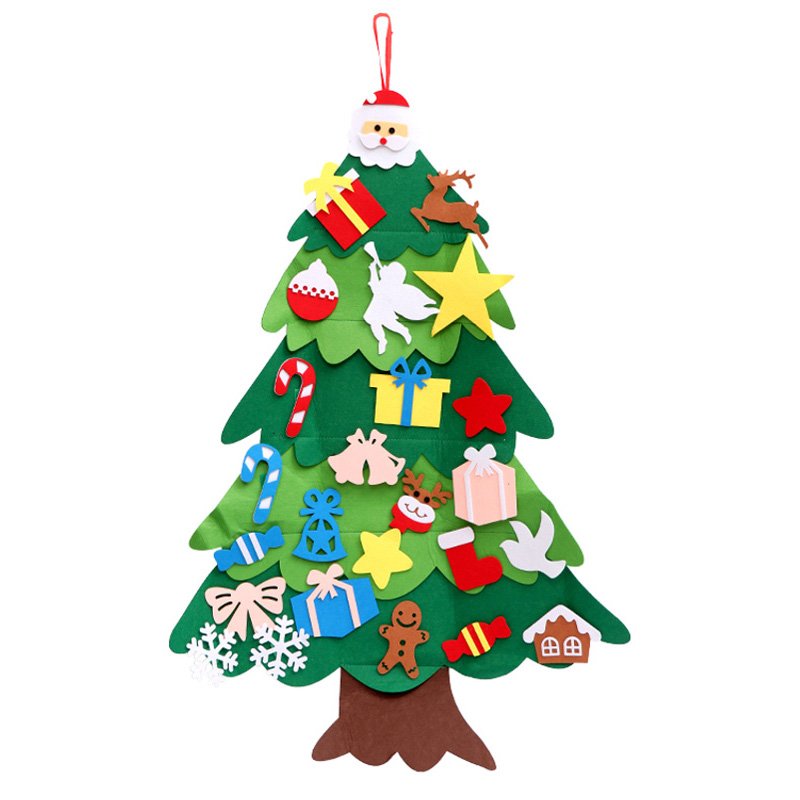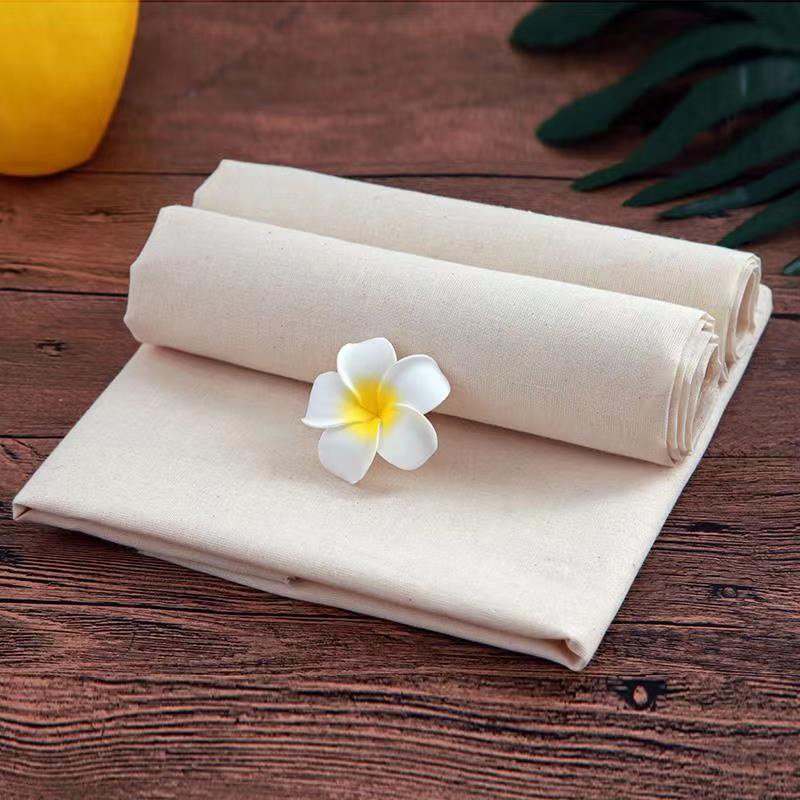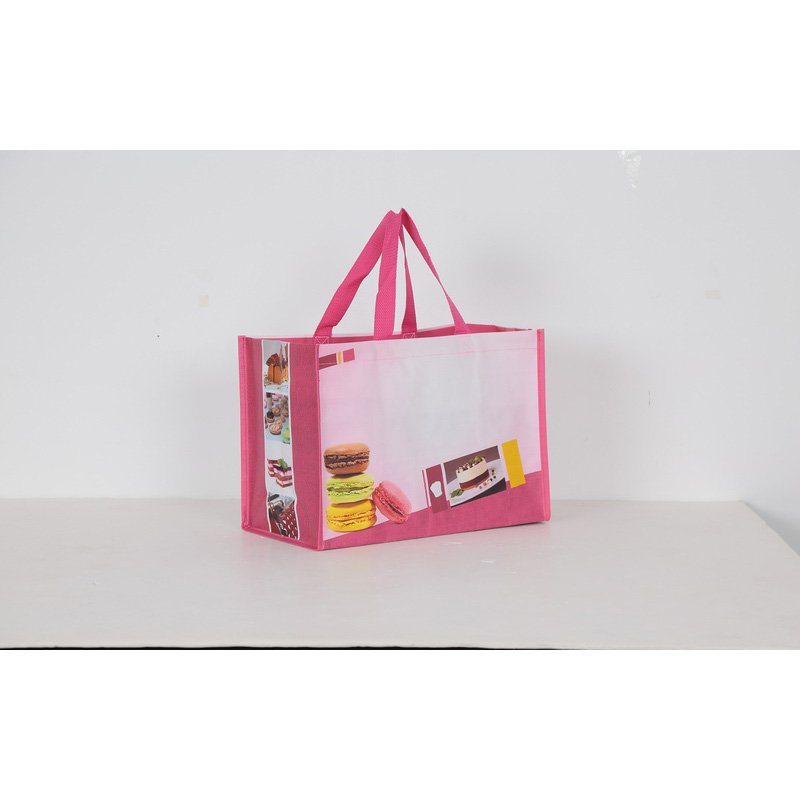Printing wholesale shopping bags offers several advantages for businesses and organizations. Here are five key benefits:
1. Brand Visibility and Recognition
Enhanced Marketing
- Walking Advertisements: Printed shopping bags act as mobile billboards, showcasing your brand to a wide audience as customers carry them around.
- Consistent Branding: Custom prints with your logo, colors, and branding elements help create a cohesive brand image, reinforcing brand recognition.
2. Cost-Effective Advertising
Affordable Promotion
- Bulk Production Savings: Ordering bags in bulk significantly reduces the per-unit cost, making it a cost-effective promotional tool.
- Long-Term Use: Durable printed bags can be used repeatedly by customers, providing ongoing exposure for your brand without additional costs.
3. Customer Loyalty and Perception
Enhanced Customer Experience
- Professional Presentation: High-quality, well-designed printed bags enhance the shopping experience and present a professional image.
- Appreciated Value: Customers often appreciate reusable, attractive bags, which can foster a positive perception of your brand and increase customer loyalty.
4. Environmental Responsibility
Eco-Friendly Messaging
- Reusable Bags: Offering printed reusable bags aligns your brand with eco-friendly practices, appealing to environmentally conscious consumers.
- Sustainability Promotion: Highlighting the environmental benefits of using reusable shopping bags can strengthen your brand's commitment to sustainability.
5. Versatility and Customization
Tailored Solutions
- Design Flexibility: You can customize the design to fit various marketing campaigns, seasonal promotions, or special events, ensuring your bags are relevant and timely.
- Functional Variety: Different sizes, shapes, and features (like pockets or zippers) can be tailored to suit specific products or purposes, enhancing the functionality and appeal of the bags.
Conclusion
Printing wholesale shopping bags offers numerous advantages, from boosting brand visibility and cost-effective advertising to enhancing customer loyalty and promoting environmental responsibility. By leveraging these benefits, businesses can effectively use printed shopping bags as a powerful marketing tool and value-added service for their customers.
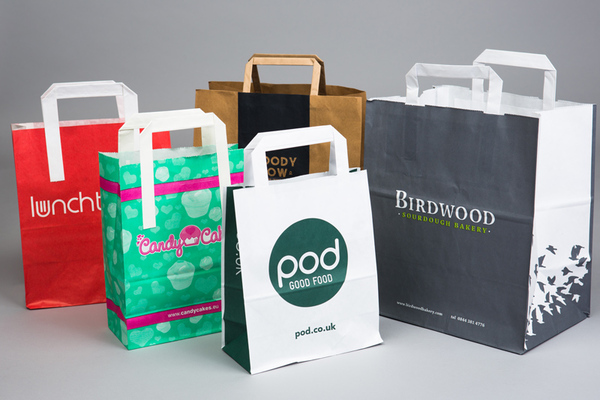
How to find a reliable printed wholesale shopping bag supplier?
Finding a reliable supplier for printed wholesale shopping bags involves a thorough vetting process to ensure that the supplier meets your quality, pricing, and delivery requirements. Here’s a step-by-step guide to help you find a trustworthy supplier:
1. Define Your Requirements
Product Specifications
- Material: Determine the type of material you need (e.g., nonwoven, cotton, jute, paper).
- Design and Printing: Specify the design, including colors, logos, artwork, and any special printing techniques.
- Size and Shape: Define the dimensions and shape of the bags you require.
Order Details
- Quantity: Estimate the number of bags you need.
- Timeline: Set a realistic delivery timeline.
2. Conduct Research
Online Directories and Marketplaces
- Directories: Use business directories like Alibaba, Global Sources, ThomasNet, and Made-in-China to find suppliers.
- Marketplaces: Check platforms like Amazon, Etsy, and eBay for potential suppliers and read reviews.
Trade Shows and Industry Events
- Events: Attend trade shows related to packaging, promotional products, or specific industries to meet suppliers in person.
Industry Associations
- Membership Lists: Review membership lists of industry associations for reputable suppliers.
3. Evaluate Supplier Credentials
Company Background
- Experience: Review the company’s history and experience in producing printed shopping bags.
- Certifications: Look for certifications such as ISO 9001 (quality management) and environmental certifications.
Customer Feedback
- Reviews and Testimonials: Read reviews and testimonials from other clients.
- References: Ask for references and contact previous clients to inquire about their experiences.
4. Assess Production Capabilities
Facilities and Equipment
- Factory Tour: If possible, visit the manufacturing facilities to assess their capabilities and quality control processes.
- Technology: Ensure they use modern printing equipment and techniques.
Quality Control
- Standards and Procedures: Inquire about their quality control measures and standards.
- Inspection Reports: Request sample inspection reports or quality certifications.
5. Request Samples
Product Samples
- Quality Check: Request samples of the printed shopping bags to assess the quality of materials, construction, and printing.
- Customization: Ensure the samples reflect your specific customization needs.
6. Compare Quotes and Terms
Pricing
- Detailed Quotes: Request detailed quotes, including costs for materials, customization, and shipping.
- Value for Money: Compare prices to ensure you’re getting good value without compromising on quality.
Payment and Shipping Terms
- Payment Options: Understand their payment terms, including any deposits required and payment schedules.
- Delivery Terms: Confirm shipping methods, costs, and delivery times.
7. Review Customer Service
Communication
- Responsiveness: Evaluate how quickly and effectively they respond to your inquiries.
- Support: Ensure they provide clear and helpful communication throughout the ordering process.
After-Sales Service
- Guarantees: Check if they offer guarantees or warranties on their products.
- Problem Resolution: Understand their policies for handling defects, returns, or other issues.
8. Finalize the Agreement
Contracts and Agreements
- Written Agreement: Ensure all terms, including product specifications, pricing, delivery schedules, and quality standards, are clearly outlined in a written contract.
- Legal Review: Consider having a legal professional review the agreement to protect your interests.
Conclusion
By following these steps, you can systematically evaluate and choose a reliable printed wholesale shopping bag supplier that meets your specific needs. Thorough research, careful evaluation, and clear communication are key to establishing a successful and long-term partnership.
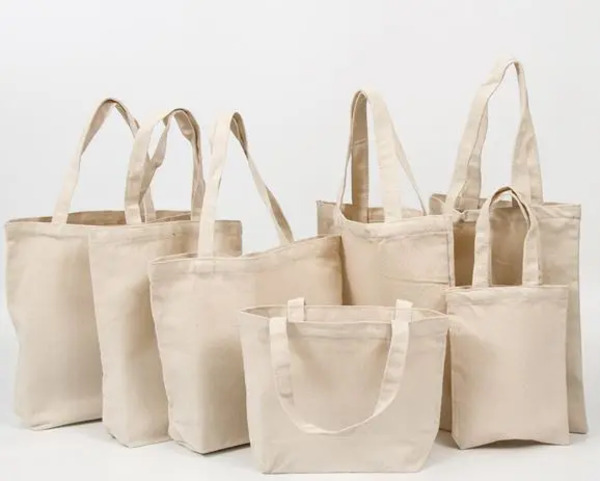
What are some common customization options for printed wholesale shopping bags?
Printed wholesale shopping bags offer a variety of customization options to meet specific branding, functional, and aesthetic needs. Here are some common customization options available:
1. Material Choices
Types of Materials
- Nonwoven Polypropylene: Durable, lightweight, and eco-friendly.
- Cotton/Canvas: Natural, reusable, and biodegradable.
- Jute: Strong, eco-friendly, and has a natural look.
- Paper: Recyclable and suitable for various printing techniques.
- Laminated Materials: Provides added strength and water resistance with a glossy or matte finish.
2. Size and Shape
Custom Dimensions
- Standard Sizes: Common sizes for different uses like grocery bags, tote bags, or gift bags.
- Custom Sizes: Tailored dimensions to fit specific requirements.
- Shapes: Various shapes, including rectangular, square, cylindrical, or custom shapes for unique designs.
3. Color and Printing
Colors
- Custom Colors: Wide range of colors to match your brand’s palette. Pantone matching is often available.
- Full-Color Printing: For detailed designs and vibrant images.
Printing Techniques
- Screen Printing: Ideal for simple, bold designs with fewer colors.
- Heat Transfer Printing: Suitable for complex, multi-color designs with high detail.
- Digital Printing: Best for photographic quality and detailed artwork.
- Sublimation Printing: Allows for all-over print designs, typically used on polyester materials.
- Embossing/Debossing: Adds texture to the design, creating a tactile element.
- Foil Stamping: Adds metallic finishes to logos or text for a premium look.
4. Handles and Straps
Handle Types
- Standard Handles: Short or long handles made from the same material as the bag.
- Webbing Handles: Made from woven fabric, offering extra strength and comfort.
- Rope Handles: Aesthetic and durable, often used for gift bags.
- Die-Cut Handles: Integrated into the bag’s design for a sleek look.
Handle Attachments
- Sewn-In Handles: Standard attachment for strength and durability.
- Heat-Sealed Handles: Offers a seamless look, typically used with laminated bags.
5. Closures and Fastenings
Closure Options
- Open Top: Simple and easy access, common for shopping and tote bags.
- Zippers: Provides secure closure, ideal for bags that need to protect contents.
- Velcro: Convenient and quick to open and close.
- Snaps or Buttons: Adds a decorative element while providing secure closure.
- Drawstrings: For bags that need to be cinched closed, adding both functionality and style.
6. Additional Features
Pockets and Compartments
- Interior Pockets: Useful for organizing smaller items inside the bag.
- Exterior Pockets: Provides easy access to frequently used items.
Reinforcements and Bottom Gussets
- Reinforced Bottoms: Adds strength for carrying heavier items.
- Side and Bottom Gussets: Expands the bag's capacity and provides a more structured shape.
Special Add-Ons
- ID Windows: Useful for trade shows or conferences.
- Bottle Holders: Interior or exterior holders for bottles.
- Pen Holders: Convenient for conference or event bags.
7. Eco-Friendly Options
Sustainable Materials
- Recycled Materials: Bags made from post-consumer recycled materials.
- Biodegradable Options: Materials designed to break down more quickly in the environment.
Certifications
- Environmental Certifications: Options to ensure the materials and production processes meet certain environmental standards.
8. Packaging and Branding
Custom Tags and Labels
- Branded Tags: Custom tags for additional branding opportunities.
- Care Labels: Instructions for use and care, often included for reusable bags.
Packaging Options
- Individual Packaging: Options for individually wrapping bags, useful for retail or promotional giveaways.
- Bulk Packaging: Cost-effective packaging for larger orders.
Conclusion
These customization options allow businesses to create printed wholesale shopping bags that not only serve practical purposes but also enhance brand visibility and appeal. By leveraging these options, you can ensure your bags stand out and effectively communicate your brand’s message.
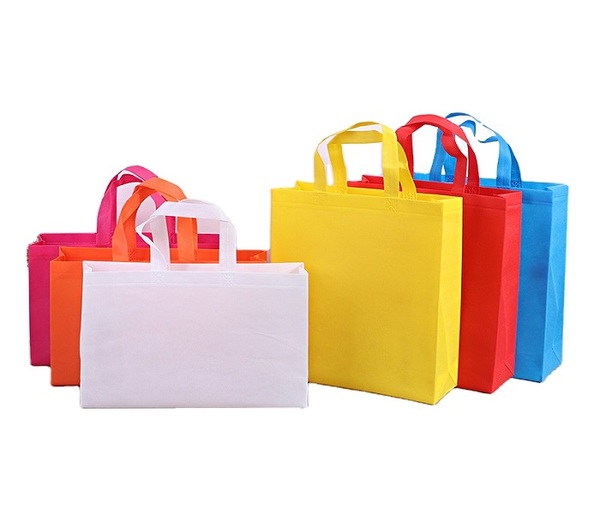
What is the minimum order quantity for printed wholesale shopping bags?
The minimum order quantity (MOQ) for printed wholesale shopping bags can vary widely depending on the manufacturer, the complexity of the customization, and the type of bag. Here are some typical factors that influence the MOQ and general ranges you might expect:
1. Type of Bag and Material
Nonwoven Polypropylene Bags
- MOQ: Typically ranges from 500 to 1,000 pieces.
- Reason: These bags are often produced in large volumes to keep costs low, and the setup for printing is usually more cost-effective at higher quantities.
Cotton/Canvas Bags
- MOQ: Usually around 100 to 500 pieces.
- Reason: Cotton and canvas bags are more expensive to produce, and manufacturers may offer lower MOQs due to higher per-unit costs.
Jute Bags
- MOQ: Generally 200 to 500 pieces.
- Reason: Jute bags are durable and eco-friendly, but the material cost and production complexity often result in a moderate MOQ.
Paper Bags
- MOQ: Often starts at 1,000 to 3,000 pieces.
- Reason: Paper bags, especially those with custom printing, are typically produced in larger batches to justify the setup costs of printing presses.
2. Printing Technique and Design Complexity
Screen Printing
- MOQ: Typically higher, around 500 to 1,000 pieces.
- Reason: Screen printing involves creating screens for each color, making it more economical at higher volumes.
Digital Printing
- MOQ: Often lower, around 100 to 500 pieces.
- Reason: Digital printing does not require physical screens, allowing for more flexibility with smaller runs.
Sublimation Printing
- MOQ: Usually around 100 to 300 pieces.
- Reason: Suitable for full-color, all-over prints, and the process is efficient even for smaller quantities.
3. Supplier and Production Capabilities
Large Manufacturers
- MOQ: Typically higher, starting at 1,000 pieces.
- Reason: Large manufacturers are set up for high-volume production and may not find small orders economically viable.
Small or Specialized Manufacturers
- MOQ: Can be lower, starting at 100 to 300 pieces.
- Reason: Smaller or niche manufacturers may cater to smaller businesses and custom orders, offering more flexibility in MOQs.
4. Customization Options
Standard Bags with Simple Customization
- MOQ: Typically around 500 to 1,000 pieces.
- Reason: Basic printing and standard designs are more cost-effective at higher quantities.
Highly Customized Bags (Unique Sizes, Shapes, Special Features)
- MOQ: Often around 200 to 500 pieces.
- Reason: The complexity of the customization may allow manufacturers to justify lower MOQs to accommodate specialized needs.
5. Environmental and Sustainable Options
Recycled or Biodegradable Materials
- MOQ: Usually higher, around 500 to 1,000 pieces.
- Reason: These materials can be more expensive and may require larger orders to be cost-effective.
Conclusion
The minimum order quantity for printed wholesale shopping bags depends on various factors, including the type of bag, printing technique, manufacturer, and level of customization. Generally, you can expect MOQs to range from 100 to 3,000 pieces. To find the best fit for your needs, it's advisable to contact multiple suppliers, discuss your specific requirements, and negotiate terms that align with your budget and project scope.

